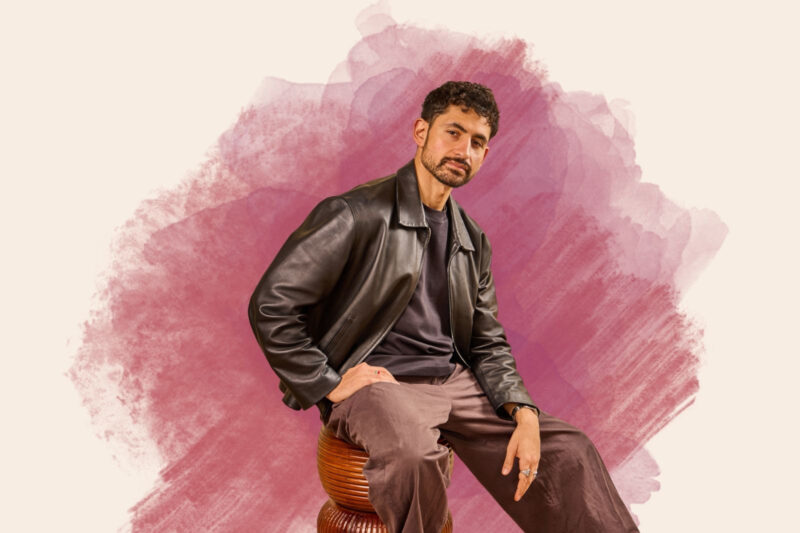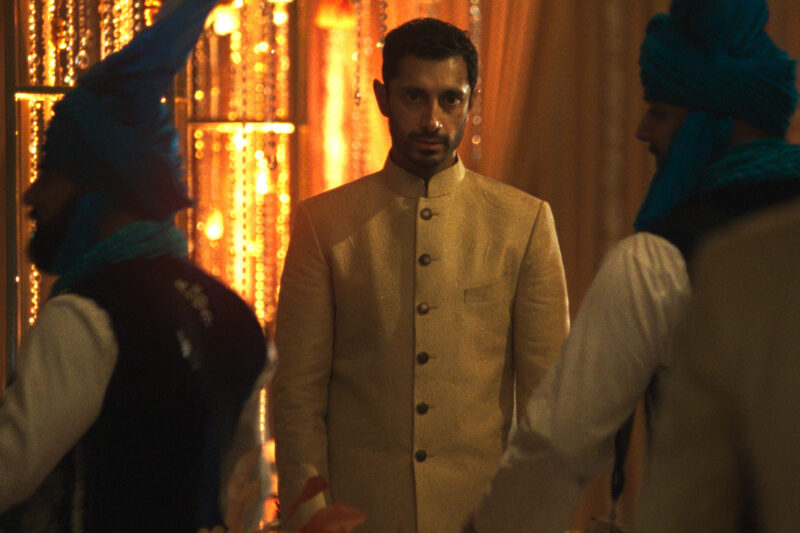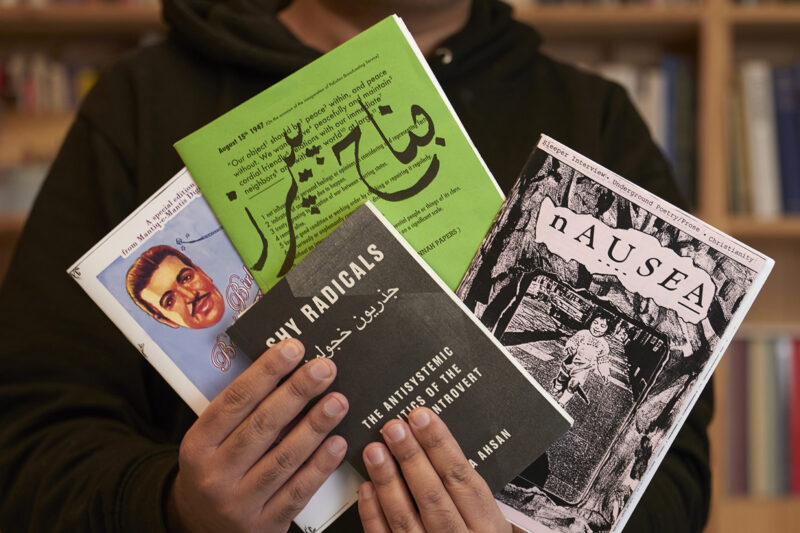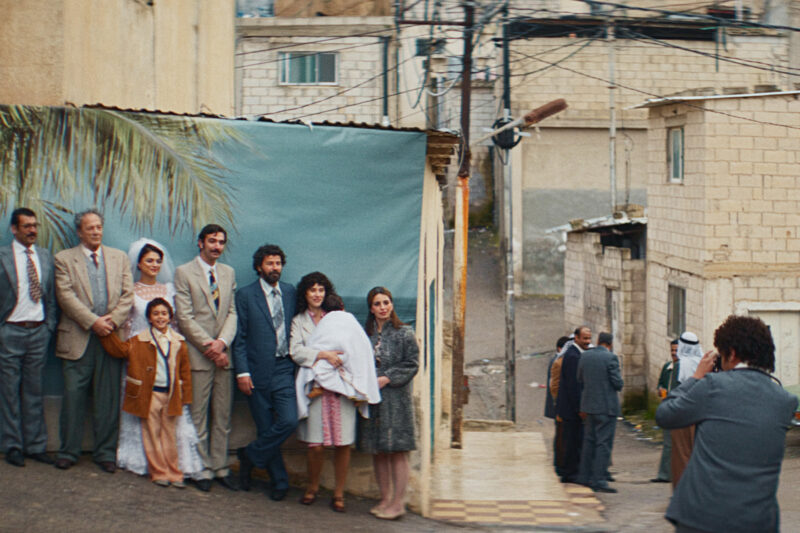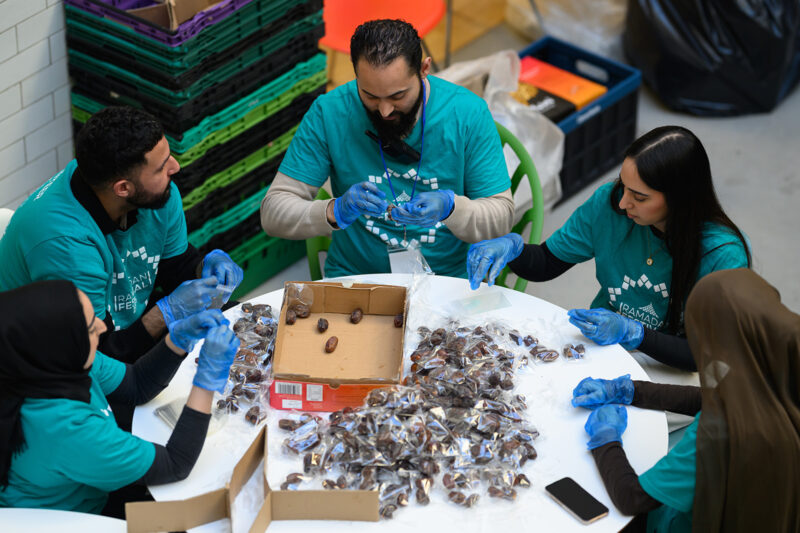Spoiler alert: I dumped someone who told me a plot twist
Differing approaches to TV might say something deeper. Some people can’t enjoy the ride if they don’t know where it’s going, whereas I want to soak in the tension

Midway through the first season of AppleTV+’s Severance, I was dating someone I wasn’t entirely sure about. A few pink flags had already fluttered, but I was trying to stay open minded. We had bonded over the sci-fi thriller, trading theories and discussing its premise over dinners and coffees. But one evening, after I mentioned that I hadn’t yet seen that week’s episode, Mr Frosted Tips went ahead and spoiled a huge plot twist. On purpose. A smug little smile dancing across his stubbled face. The ick I felt arrived quicker than the bill.
Not long after, I issued my own spoiler, one he really should have seen coming. We were done.
Spoiler etiquette is nothing new. It’s been a polarising subject for decades, tracing back to the 1960 release of Alfred Hitchcock’s Psycho. On a post-screening high, excited movie goers openly shared every twist and turn of the story with little discretion or care for those yet to see it.
These days, spoilers are an even bigger hazard, lurking in headlines, social media and group chats. We live under the constant threat of a stray meme loaded with unwanted context finding its way to us when we least expect it. One errant swipe can slide a major plot twist onto your phone screen before you’ve even had the chance to hit play on a new series.
During prestige TV season, we have to stay especially alert, dodging narrative landmines in a concerted effort to remain unspoiled. Just this week I fell victim to exactly the sort of spoiler I go to great lengths to avoid. I had been saving the latest episode of HBO’s The Last of Us as a reward for getting through some tedious admin, but before I’d even finished my first cup of coffee, a careless subheadline from an American publication had already given away the twist.
There is, tragically, no grace period anymore — especially for those of us in the UK trying to avoid plot details from shows that air earlier on the other side of the ocean. The spoiler still found its way to me, despite my meticulous efforts to avoid it. Now, even a quick glance at the news in the morning can completely change your viewing experience, landing like a paper cut to the brain.
In stark and mind-boggling contrast, however, my mother will flip to the back of a book to read the ending before even committing to the story. When it comes to TV shows and films, she actively seeks out spoilers, unable to channel the same patience she demands of her children.
Spoilers enhance her experience and she apparently can’t enjoy the ride if she doesn’t know where it’s going — a compulsion that makes me seriously question how we’re related. Her nonchalance often put us at odds, until a household gag order was finally issued for the sake of family harmony. HBO’s US crime drama Mare of Easttown was the last victim of her serial spoiler spree.
Where my mum sees spoilers as harmless, I see them as borderline betrayal. The stakes are admittedly low and a bit silly, but for me, as a screenwriter, storylines are sacred. Being able to shut out the world and melt into another is my version of meditation. A luxurious hour or two where all my focus is on the plot and not my endless to-do list. I love becoming entangled in characters and engrossed in narratives that take me on journeys I’d never experience myself.
As much as I enjoy a good binge watch, I have grown to prefer appointment viewing, even if I do find the wait for new episodes to drop torturous. Shows such as Severance, Only Murders in the Building and The Last of Us thrive in the period between instalments, where all the fun and engaging discourse takes place.
Of course, some people just watch and go, but many of us revel in consuming the episode, then reading the theories, perhaps even rewatching scenes for missed clues and arguing with loved ones or strangers about what it all means. For a brief moment, we’re all part of the same conversation. As much as we collectively sigh over the way Lost ended, we can’t deny the community the show provided at its peak. Sure, we’re a little more wary of mystery box shows now, but the water cooler moments were worth it.
Our differing approaches to spoilers might say something deeper. My mum craves comfort and certainty. For her, knowing the ending isn’t cheating, it’s satisfying. She chooses to invest her time knowing it won’t be wasted by a disappointing wrap-up. (Cough, Yellowjackets.) I, however, want to soak in the tension, to not know what’s around the corner, anticipating the emotional payoff of a good story.
I didn’t decide to end things with that guy I was seeing over the spoiler itself. I did it because of how weirdly proud he appeared to be when he ruined the episode for me. Blocking him on WhatsApp might have been petty, but I found the whole thing very telling. Spoiler etiquette might not be a moral compass, but on that date, his behaviour revealed more than any plot twist ever could.
 Newsletter
Newsletter


